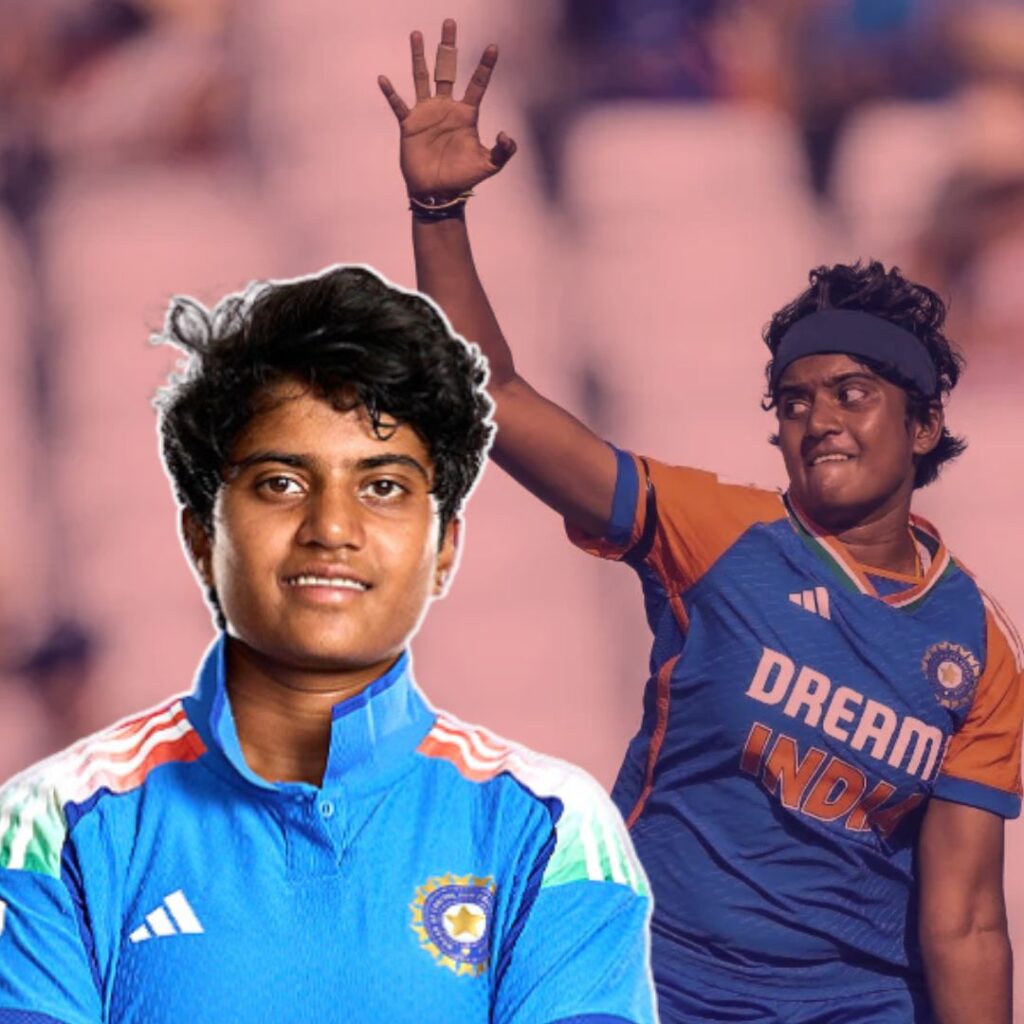You’re damned if you do, and you’re damned if you don’t.
A pantsuit? Too masculine.
A skirt? Too revealing.
Intelligent? Perhaps unhinged.
Good looking? Undoubtedly dim.
The persistent ridicule faced by a woman even after years of human evolution is baffling.
If the five fingers of our left hand represent the typical traits of masculinity – strong, aggressive, non-emotional, independent, and sexual, and the five fingers of our right hand represent the typical traits of femininity – soft, sensitive, emotional, nurturing, and dependent; our hands clasped together are what make us human.
But our society feels otherwise.
Even in media – an industry which stands on the prerogative of expression – a man is judged by his intelligence, while a woman is judged on her appearance.
More than half the journalists in the world are men, who are given 80% of the work pertaining to political issues, sports and opinion editorials. In fact, most serious issues are covered by men, while women are sidelined to cover stereotypical issues of family and the society.
So when a woman accomplishes her goals against all odds and breaking stereotypes, it is a win for humanity as a whole and not for women alone.
“I come from a family of doctors, engineers and bankers. They were greatly conservative in their approach toward the profession of journalism. When I first decided to take up journalism as a career, my family members said that it’s a clerical job where I would work like a stenographer taking commands from bureaucrats. Upset with my decision, my father didn’t visit me for 3 years when I was in Delhi, studying journalism. I was the first girl in my family who moved to another city to study. I didn’t go home until I got a job after completing college. If I’d gone home without a job, my family would’ve married me off. Eventually, as I became more and more independent, the control that others had on me loosened.” – Neha Dixit.
Neha Dixit is an independent journalist who has made outstanding journalistic contributions to the society for 11 years now. She has been writing for The New York Times, Al Jazeera, Outlook magazine, Smithsonian magazine, Foreign Policy, Caravan, and several other national and international publications. She won the Chameli Devi Jain Award for Outstanding Woman Journalist for 2016.
Speaking to The Logical Indian, Ms Dixit expressed her views on the present state of journalism in our country and what needs to be changed.
There is superficiality in news reporting and a lack of responsibility towards any issue
In the mainstream corporate media world of corporate political nexus, cheerleaders of certain ideologies exist. Different world views are shunned when the media should highlight all kinds of opinions, especially from young people who consume more media. There is a lack of responsibility, particularly from bigger corporate media houses who do not deeply research issues. Everything is addressed superficially and that is causing more harm in this kind of 24*7 media coverage – where everything just touches the tip of the iceberg. There is a culture of disassociation that is becoming the norm.
It gets even more difficult for women, as any woman with an opinion is seen as a problem.
When asked what she felt about the present controversies surrounding Delhi University’s Gurmeher Kaur, Ms Dixit said, “I don’t know why anyone should have a problem with young people being idealistic. The fact that they are putting their necks out in this way means that there is a certain degree of positivity in them – they believe that things can change. In the case of Gurmeher Kaur, she is the one who has suffered the most because of her father’s death. Despite that, she had the objectivity to understand that this has to go beyond the usual discourse of animosity between people. She is talking against hate and there is no problem with such idealism. In fact, we should all be idealistic to not promote hate in the manner it is being promoted in the world right now.”
There is persistent misogyny against women having their own agency and exercising their own intelligence. As soon as they express themselves publically, it is seen as a threat. We live in a patriarchal society which has the natural tendency to pull women down who have an opinion, added Ms Dixit.
But with a determined mind and a passion for sincere reportage, Neha Dixit is one among the few who successfully broke societal constraints and covered issues of great importance.
Operation #BetiUthao
In July 2016, The Outlook magazine published Neha Dixit’s report on how the Sangh Parivar flouted every Indian and international law on child rights to traffic 31 young tribal girls from Assam to Punjab and Gujarat to ‘Hinduise’ them, leaving their parents forlorn.
The story was broken down into a five-part investigation “Operation #BabyLift” (#BetiUthao).
In the border areas of Assam, there’s a comprehensive network of Sangh outfits which concentra…












